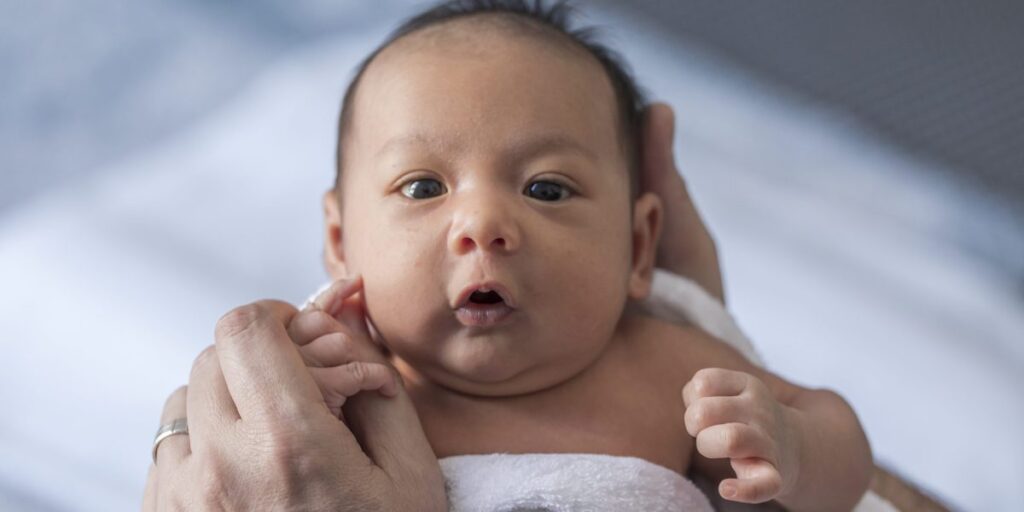
The latest consumer confidence index showed a bleaker economic outlook although the economy remains strong, but another indicator may be masking the weak data.
More Americans plan to have babies next year, according to a Bank of America survey, which could be a sign that there’s at least enough optimism about the future to bring another kind of life into the world.
Bank of America said in a research note on Wednesday that the proportion of respondents who said they or their partners were expecting/trying to have or adopt a child in the next 12 months rose to 12.4% in June from 11.5% in May. The latest reading is the highest since February 2023 and a significant increase from less than 8% in February this year.
June’s rise isn’t necessarily seasonal, either. The Bank of America survey showed this month’s figures were higher than June 2023 and June 2021, but lower than June 2022.
As expectations for larger families continue to grow, this may also help drive the desire to find a new home.
The proportion of respondents who said they planned to buy a home in the next 12 months was 24.0% in June, roughly the same as the 24.3% in May, but lower than the 20% proportion in the second half of 2023 and the first half of 2024 Increased substantially.
That’s true even as mortgage rates soared earlier this year and signs of sticky inflation dented hopes that the Fed would soon cut interest rates.
Meanwhile, the University of Michigan’s consumer confidence index fell to its lowest level in seven months, plummeting to 65.6 in June from 69.1 in May, defying expectations of improving to 72.
To be sure, expressed desire to have children differs from actual fertility rates, which have been declining for years and hit a record low of 1.62 births per woman in the United States last year. A growing number of Gen Z say they only plan to have one child, and sperm counts have been declining for decades, leading some to call it a global “sperm apocalypse.”
Similar trends are occurring in other developed economies, which may affect their growth potential. Low fertility rates have so alarmed East Asian governments that they have launched more fiscal incentives, but so far with little success.
The decline has also alarmed Tesla CEO Musk, who has called the world’s rapidly declining birth rate “one of the greatest risks facing civilization.”
“Many people, including smart people, believe that there are too many people in the world and that population growth is out of control. The situation is exactly the opposite,” he said in 2021. “Look at the numbers – if people didn’t have more children, civilization would collapse, mark my words.

